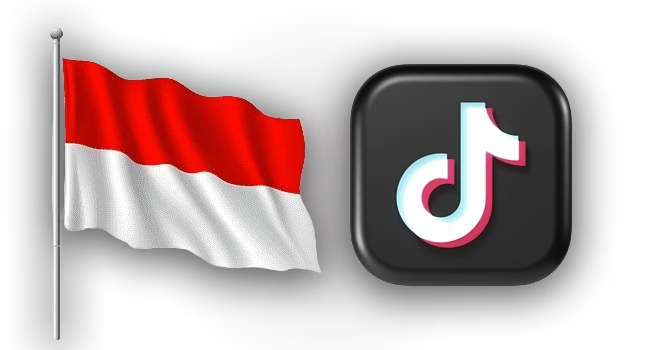Indonesia Suspends TikTok's Operating License Over Data Sharing Dispute
Indonesia has suspended TikTok's operational registration status, citing the social media giant's alleged failure to fully cooperate with a request for data during nationwide protests in August. The move by the Ministry of Communication and Digital Affairs signals a significant regulatory action against the popular platform, which boasts over 100 million users in the country.
The Core of the Conflict: Data Access During Unrest
The suspension hinges on TikTok's response to a government demand for data concerning traffic, streaming, and monetization activities during the period of intense protests from August 23 to 30. According to Alexander Sabar, an official from the digital and communications ministry, TikTok provided only partial data, which he stated constitutes a violation of national laws. The deadline for submitting the complete dataset was September 23.
The government's interest in this data reportedly stems from the emergence of accounts allegedly profiting from TikTok livestreams, particularly those linked to online gambling. As all forms of gambling are illegal in Indonesia, authorities are keen to investigate and curb such activities. TikTok, however, reportedly cited internal policies as the reason for its inability to provide all the requested information, a stance that has led to this significant regulatory action.
August Protests: A Catalyst for Scrutiny
The protests that rocked Indonesia in August were fueled by a confluence of factors, including widespread anger over the state of the economy, accusations of police brutality, and dissatisfaction with various government policies. During this volatile period, TikTok became a crucial, albeit controversial, platform for disseminating information. Livestreams captured raw footage of demonstrations and clashes, offering a real-time, unfiltered view that many felt was missing from traditional media.
Recognizing the potential for misuse, TikTok itself took a proactive step by voluntarily suspending its live feature for several days during the unrest. The company stated its intention was to maintain the platform as a "safe and civil space." However, this move did not preempt the government's subsequent data request, which appears to have been triggered by concerns over illicit activities flourishing amidst the heightened online activity.
Regulatory Fallout and TikTok's Response
A spokesperson for TikTok has stated that the company respects the laws of the countries in which it operates and is actively working with the Indonesian digital ministry to find a resolution. This indicates a willingness to engage and potentially find a compromise, though the specifics of such a resolution remain to be seen. The company's reliance on internal policies for data handling appears to be the primary sticking point, highlighting the ongoing global tension between platform privacy protocols and government demands for data access, especially during sensitive periods.
Broader Implications and Future Outlook
This incident is not the first time TikTok has faced regulatory challenges in Indonesia. In 2023, the platform's e-commerce operations were banned, leading to a restructuring. The current situation, however, centers on data compliance and the platform's role during periods of civil unrest. It raises broader questions about the balance between digital freedom, national security, and the responsibilities of global tech companies operating in diverse regulatory environments.
The suspension could have significant implications for content creators and advertisers in Indonesia, potentially impacting livelihoods and marketing strategies. It also adds to the growing global trend of governments scrutinizing and regulating major social media platforms, particularly concerning data privacy and content moderation. As TikTok works to resolve this dispute, the outcome will be closely watched, potentially setting precedents for how other nations approach similar data-sharing requests with tech giants.
